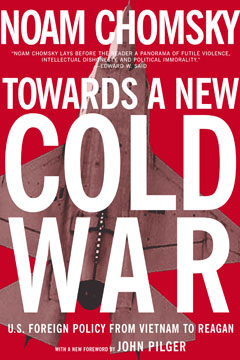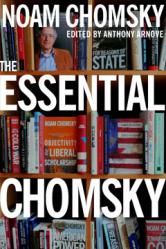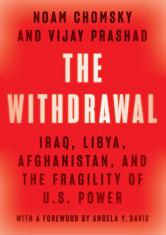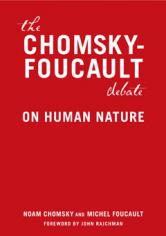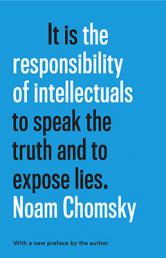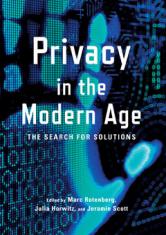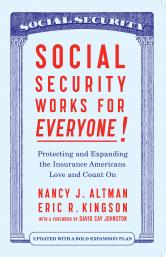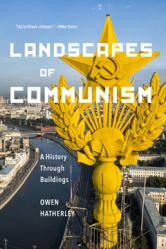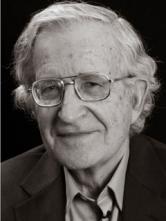Towards a New Cold War
Featuring Noam Chomsky’s trademark directness and analytical precision, this is a sobering assessment of American foreign policy from the end of the Vietnam War to the Reagan era
“What Chomsky has made vivid is the truth that western political leaders, respectable people whose ‘moderation’ contains not a hint of totalitarianism, can, at great remove in physical and cultural distance, kill and maim people on a scale comparable with the accredited monsters of our time.” —from John Pilger’s foreword to Towards a New Cold War
With the same uncompromising style that characterized his breakthrough, Vietnam-era writings, Towards a New Cold War extends Chomsky’s critique of U.S. foreign policy through the early 1970s to Ronald Reagan’s first term.
Expanding on themes such as the cozy relationship of intellectuals to the state and American adventurism after World War II, Chomsky goes on to examine the way that U.S. policy makers set about the task of rewriting their horrible history of involvement in Southeast Asia and turned their attention more squarely on the Middle East and Central America. He also assesses U.S. oil strategy and the Israeli-Palestinian conflict, dissects the first volume of Henry Kissinger’s memoirs, issues an urgent call to stem the bloodshed in then-unknown East Timor and, in the title essay, marks the increased posture of confrontation and rearmament under presidents Carter and Reagan that signaled the end of détente with the Soviet Union. As the United States adopts this same aggressive posture toward China in a sort of twenty-first-century Cold War, Chomsky’s words are newly relevant.

